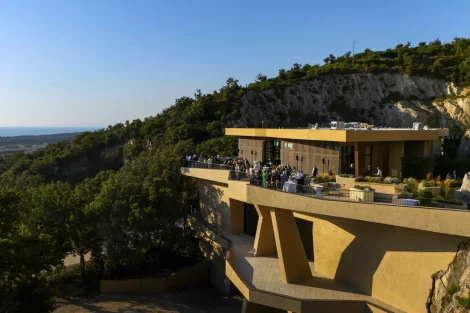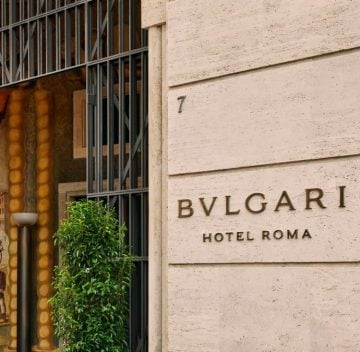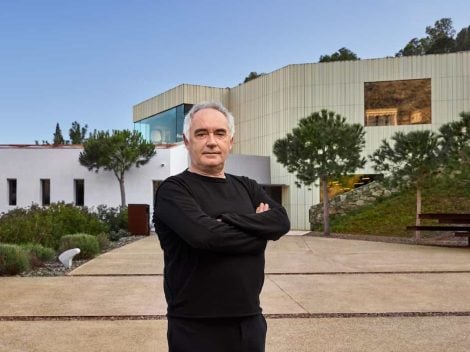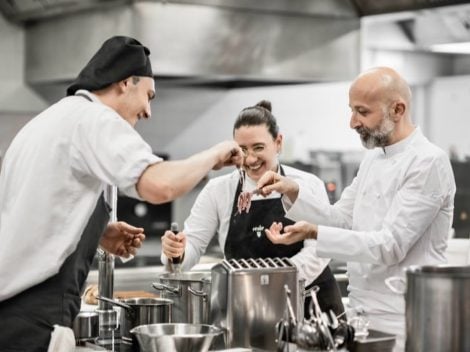How is Brazil as a market for Chianti?
This year, after three years, Chianti will return to Brazil. The Brazilian market is a very important one for us, we are very excited to be part of the event in São Paulo. There is a big problem in Brazil, however – the taxes on imported wine are very high, and it can take one or two months to send the wines over! In January of this year, the European Union agreed a trade deal with Mercosur, but this has not yet been finalised.
What about Nigeria?
Africa as a whole is an emerging market, and there is enormous potential. However, there are administrative and bureaucratic hurdles to deal with when it comes to exporting wine. Nigeria is a country which is particularly interesting for the consorzio – our Chianti Ambassadors visited there last year. Next year, for the Top Italian Wines Roadshow event in Lagos in January, we will be bringing 16 producers – we are hopeful that this will be just the first of the African countries we work with in 2026.
Both Brazil and Nigeria have a rapidly-growing middle class – is this a good thing for sales of Chianti in these markets?
Look at the data for Africa in general, the interest in wine from the middle class of consumers is definitely growing. Chianti is a wine that is targeted towards the middle class – it's not a wine that tries to compete with higher-priced wines like Barolo or Brunello di Montalcino – this is the case in markets across the world. In regions like South America and Africa, Chianti also sells particularly well among European tourists as well as with professionals such as diplomats.
Is there something about Chianti's wine style that particularly appeals to consumers in Brazil or Nigeria?
In South America in general, it is a continent where they are big fans of red wine already – from Chile and Argentina – so it is easy to pitch Chianti. In May I actually spoke with the former Mexican ambassador to Italy about sales of Chianti in Central America. Our wines are appreciated there too!
With regards to Africa as a whole, as it's a fairly new market, we still need to see which kind of Chianti is particularly popular there – Annata, Superiore, Riserva etc. Some companies within the consorzio are actually experimenting with new styles too, including a 'light' Chianti with an ABV of 9-10%, and a rosé, the latter of which we hope to be able to launch next year.
Which other big international markets do you want to target with Chianti?
Asia! In particular: China, Singapore, Hong Kong and Japan. The USA is an important market, but because of the tariffs it's not a great moment – the USA represents about 20-25% of our exports, we export about 70% of our production. As well as the USA, other principal markets include Germany, Japan and South Korea. We have spent the last 10 years investing in the Chinese market, but it still needs work. In Africa we are also interested in markets beyond Nigeria, such as Kenya.
To find out more about the upcoming Top Italian Wines Roadshow trip to São Paulo click here and for information about Lagos click here.

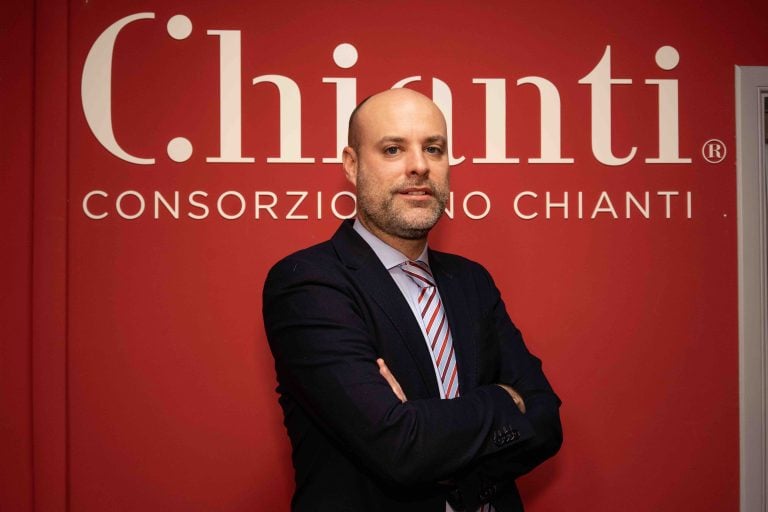
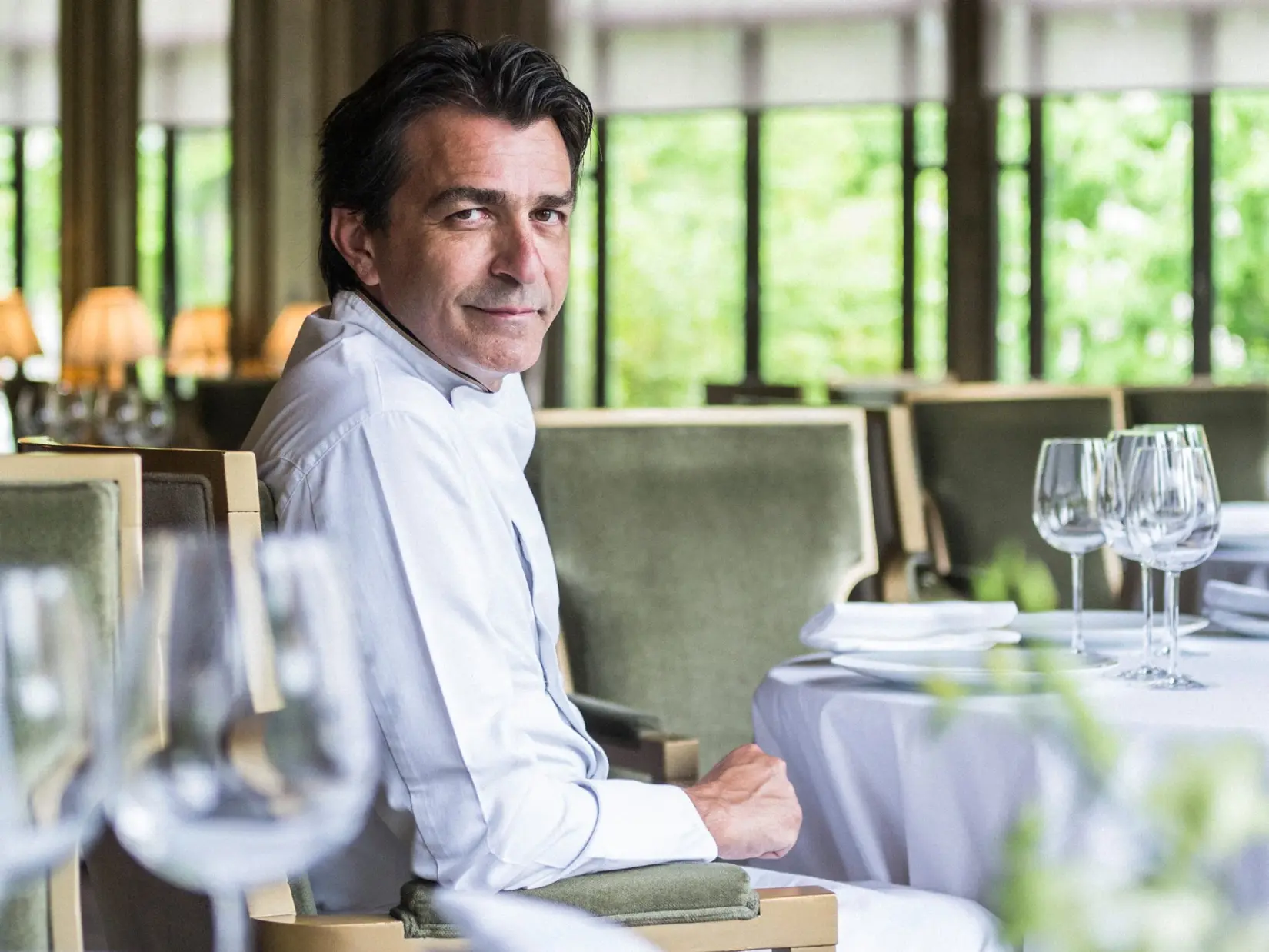 Yannick Alléno: 'No crisis in fine dining, but the future lies in tradition'
Yannick Alléno: 'No crisis in fine dining, but the future lies in tradition'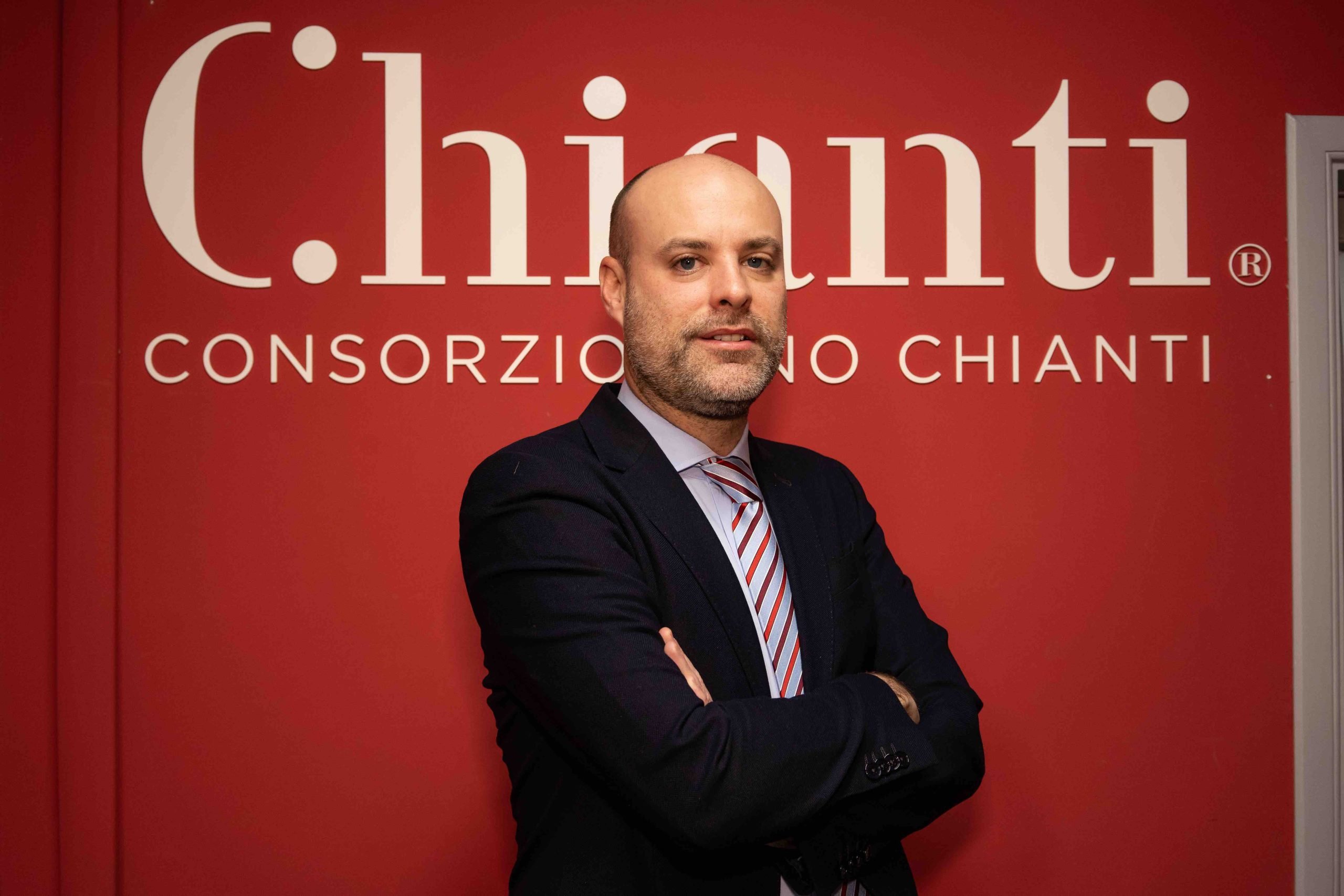 Q&A: Saverio Galli Torrini, director of the Consorzio Vino Chianti
Q&A: Saverio Galli Torrini, director of the Consorzio Vino Chianti London tuk-tuk wine thief given ultimatum by judge
London tuk-tuk wine thief given ultimatum by judge Why Italian wine must change its approach in China
Why Italian wine must change its approach in China Q&A: Xiaowen Huang
Q&A: Xiaowen Huang